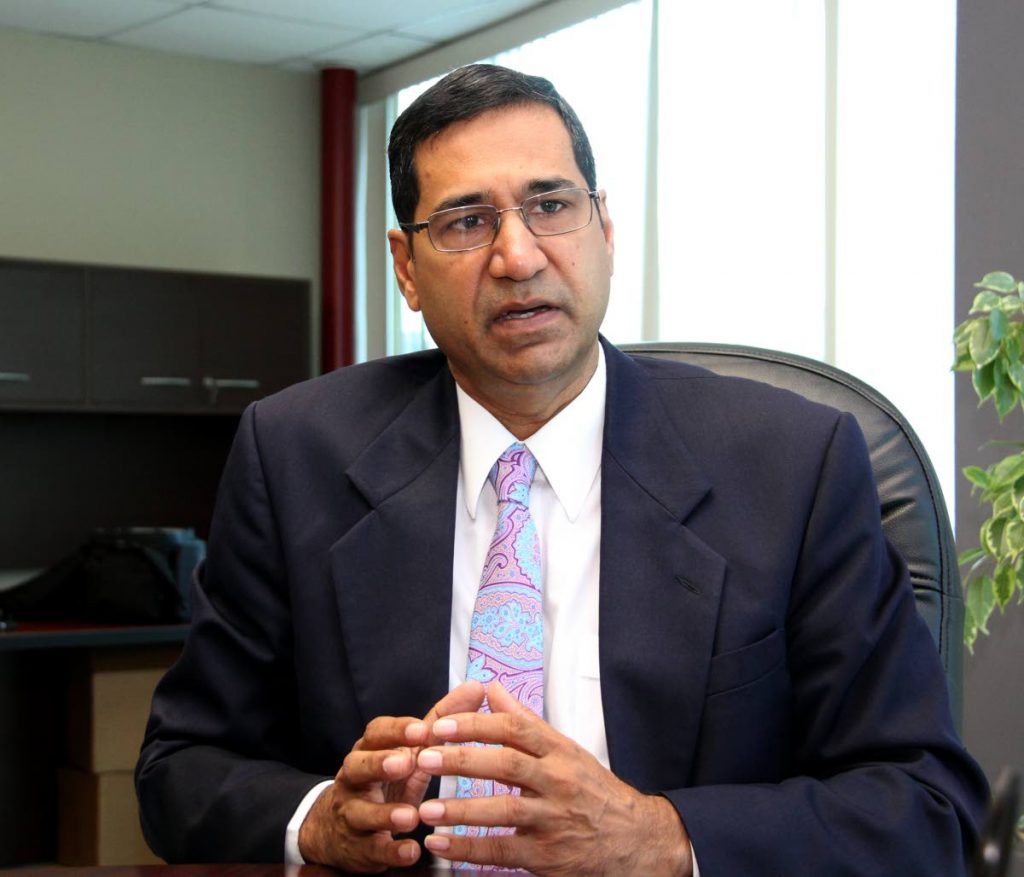Gender protocol important for TT

THIS country’s recent approval of a gender protocol will help improve access to many people, including members of the Lesbian, Gay, Bisexual, Transgender, Queer or Questioning, and Intersex (LGBTQI) community.
Justice Education Institute of TT (JEITT) chairman, Justice Peter Jamadar made this observation during an interview at JEITT’s offices in Port of Spain Monday.
He said TT is the first Commonwealth Caribbean country to approve this protocol. Jamadar said this is “a huge step foward” in bringing gender equality. especially in the areas of domestic violence and intimate partner violence to the fore. Saying the protocol is important to train judicial officers and staff to better handle these matters, Jamadar said, “There is a lot of bias, a lot of gaps in how we see things. there are a lot of stereotypes around issues in relation to custody, mainteance, rape, all forms of gender based violence. LGBTQI community.”
He said there are many people who cannot tell the difference between sex and gender. “Sex is determined at birth but gender is a social construct,” the judge said. He added, “People chose their genders. If you don’t have that understanding and respect then, certain biases can come in and interfere with how we do our work.” Jamadar noted a matter in Guyana where a transgender person was denied access to the court, is now before the Caribbean Court of Justice as a human rights issue.
Jamadar said procedural fairness is linked to questions of people having access to the court, feeling respected in the system and feeling they have a voice. Observing the LGBTQI community, is one group of people who do not feel they are fairly treated, Jamadar believed the work of the JEITT is helping to bring balance to the situation. While the JEITT was approved an allocation of $2 million in last year’s budget, Jamadar said, “We have not gotten those releases.”
While he was optimistic JEITT would eventually receive that funding and a favourable allocation in this year’s budget, Jamadar said, “We have actually been running on a shoestring budget but we have very dedicated staff who are working almost like volunteers and lot of work done because of the passion and feel they have.” JEITT started as a pilot project in 2002 under then Chief Justice Michael de la Bastide. The institute began formal operations in 2003. President Paula-Mae Weekes served as the JEITT’s chairperson from 2008 to 2009. Chief Justice Ivor Archie was chairman from 2005 to 2008. Archie is the current JEITT president.


Comments
"Gender protocol important for TT"